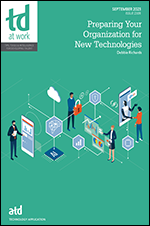Transportation and Information: Trends in Technology and Policy
- 3h 10m
- D. Glenn Geers, Piyushimita (Vonu) Thakuriah
- Springer
- 2013
Transformations in wireless connectivity and location-aware technologies hold the promise of bringing a sea-change in the way transportation information is generated and used in the future. Sensors in the transportation system, when integrated with those in other sectors (for example, energy, utility and health) have the potential to foster novel new ways of improving livability and sustainability.
The end-result of these developments has been somewhat contradictory. Although automation in the transportation environment has become increasingly widespread, the level of involvement and active participation by people, in terms of co-creation and contribution of information, has also increased. As a result, the following two major trends have been observed: (1) increases in Machine-to- Machine (M2M) communications; and (2) increases in the variety and volume of User-Generated Content.
In this transportation paradigm, the pervasive use of Information and Communication Technologies will serve as the foundation for mobility intelligence towards an “ubiquitous information-centered mobility environment”. However, many technical and operational questions, as well as social, management and legal challenges present themselves in the transformation to this vision. The book presents a non-technical review of research and initiatives and a discussion of such opportunities and challenges.
In this Book
-
Introduction
-
Data Sources and Management
-
Technology Systems for Transportation System Management and Personal Use
-
Institutional and Policy Factors in Ict-Based Mobility Services
-
Conclusions




